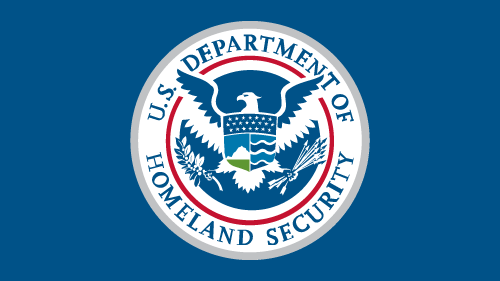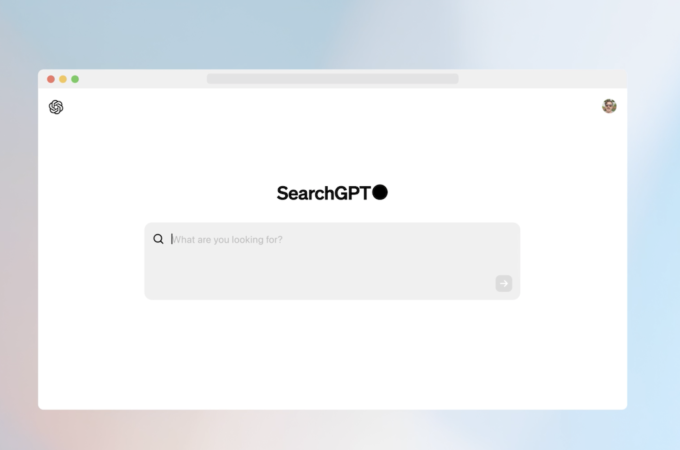
Tech CEOs Join DHS Board on AI Defense
The U.S. Department of Homeland Security (DHS) has taken a significant step towards safeguarding the nation’s critical infrastructure with the establishment of the Artificial Intelligence Safety and Security Board. Comprising 22 distinguished members from diverse sectors including technology, civil rights, academia, and government, the Board is tasked with advising on the responsible development and deployment of AI technology across various sectors.
Led by DHS Secretary Alejandro Mayorkas, the Board boasts an impressive lineup of CEOs from leading tech companies such as OpenAI, Microsoft, Alphabet, NVIDIA, and IBM. This collaboration between government and industry leaders underscores the recognition of AI as a transformative technology with immense potential benefits but also significant risks if not managed responsibly.
The primary objective of the Board is to provide actionable recommendations to ensure the safe adoption of AI in critical services such as transportation, energy, defense, information technology, and financial services. With a focus on practical solutions rather than theoretical discussions, the Board aims to address AI-related disruptions that could impact national security, public health, and safety.
In its inaugural meeting scheduled for early May, the Board will lay the groundwork for its future engagements, including quarterly meetings to review progress and address emerging challenges. One of the immediate tasks is to develop strategies to counter the evolving threats posed by AI-assisted tools, as highlighted in the DHS Homeland Threat Assessment of 2024.
The assessment warns of the potential for AI-enabled cyber attacks targeting critical infrastructure such as pipelines, railways, and other vital services. It also underscores the efforts of hostile nation-states, particularly China, in developing AI technologies that could undermine U.S. cyber defenses.
The participation of key industry players like Adobe, Cisco, Amazon Web Services, and Advanced Micro Devices reflects a collective commitment to advancing AI technology while prioritizing safety and security. CEOs from Delta Air Lines, Occidental Petroleum, and Northrop Grumman bring invaluable insights from sectors heavily reliant on critical infrastructure.
Moreover, the inclusion of civil rights advocates and academic experts underscores the importance of considering ethical and societal implications in AI deployment. Leaders from organizations such as the Leadership Conference on Civil and Human Rights and Stanford Human-Centered AI Institute emphasize the need for a human-centered approach to AI governance.
The establishment of the AI Safety and Security Board aligns with broader efforts within DHS to harness AI for homeland security missions while safeguarding individual privacy and civil liberties. It builds upon President Biden’s Executive Order on the Safe, Secure, and Trustworthy Development and Use of Artificial Intelligence, which directed DHS to promote responsible AI adoption and global standards.
Furthermore, DHS’s ongoing hiring sprint to recruit AI technologists underscores the department’s commitment to leveraging AI across strategic areas such as cybersecurity, immigration services, and critical infrastructure protection. The influx of talent will bolster DHS’s capabilities in countering emerging threats and enhancing operational efficiency.
As the world grapples with the rapid advancement of AI technology, collaboration between government, industry, academia, and civil society becomes indispensable. The AI Safety and Security Board represents a collaborative effort to navigate the complexities of AI governance, mitigate risks, and harness its potential for the benefit of society.





